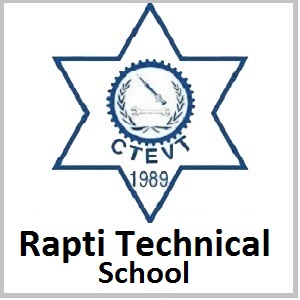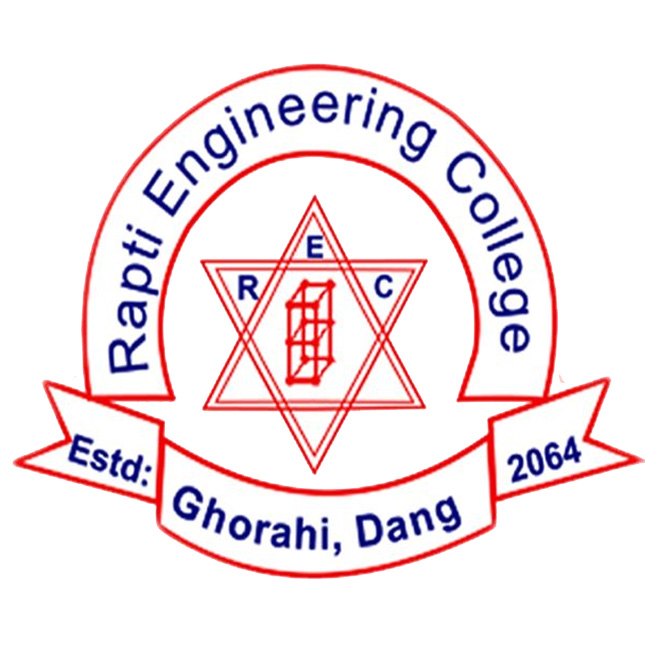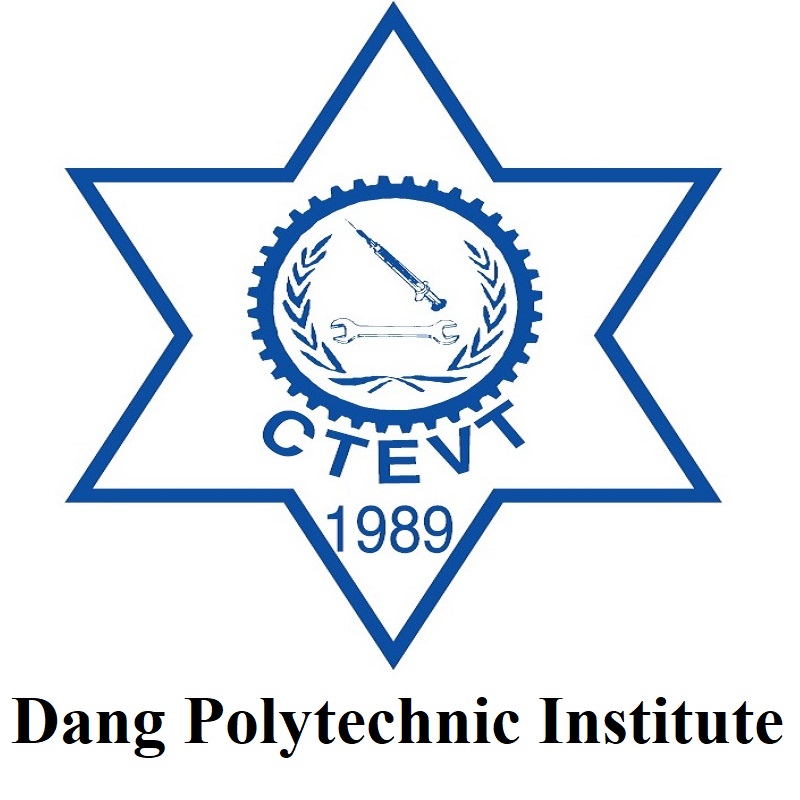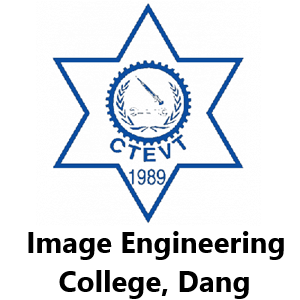Overview
Pre-Diploma in Electrical Engineering (Electrical Sub-Overseer) at Bal Bikash Secondary School, Dang
Bal Bikash Secondary School, established in 2017 B.S. (1960 A.D.), is a community-based institution in Ghorahi-14, Naya Bazar, Dang, affiliated with the Council for Technical Education and Vocational Training (CTEVT). Among its technical offerings, the Pre-Diploma in Electrical Engineering focuses on foundational training for students interested in the electrical field. This course helps learners gain technical wiring, maintenance, and electrical safety skills.
Curriculum Details
This 18-month program follows the official syllabus developed by CTEVT. The curriculum includes:
-
Basics of electricity and electrical circuits
-
Domestic and industrial wiring systems
-
Electrical safety rules and regulations
-
Installation and maintenance of electrical appliances
-
Introduction to motors and transformers
-
Practical handling of tools and equipment
The course blends classroom teaching with regular lab-based exercises and real-world applications.
Objectives
The course is intended to:
-
Introduce students to the core principles of electrical engineering
-
Build confidence in working with electrical components and systems
-
Provide a practical understanding of tools, devices, and circuit designs
-
Prepare students for entry-level employment or further training in the electrical sector
Scope
Skilled electrical technicians are in demand in various sectors such as construction, manufacturing, and energy. Graduates can work on:
-
Residential and commercial wiring projects
-
Repair and maintenance of electrical systems
-
Electrical setup in small industries and service centers
The program also sets a strong base for those pursuing a diploma or advanced technical education.
Learning Outcomes
After completing this program, students will be able to:
-
Identify and use basic electrical tools and measuring instruments
-
Install, test, and maintain simple electrical circuits
-
Follow safety practices during electrical work
-
Assist technicians or supervisors in field-based electrical projects
Skill Development Modules
Students are trained in the following practical areas:
-
House wiring and circuit installation
-
Fault identification and repair
-
Electrical load calculation
-
Use of measuring instruments like multimeters and clamp meters
-
Basic motor winding and transformer setup
Trained instructors supervise hands-on tasks to ensure proper learning.
Teaching Methodology
Teaching is practical and experience-oriented, combining:
-
Classroom theory with detailed explanations
-
Demonstrations and hands-on activities in the lab
-
Assignments, oral tests, and performance-based assessments
-
Field visits to nearby industrial or commercial sites
The approach ensures students understand the work's theoretical and practical sides.
Admission Requirements
Applicants must:
-
Have passed the Secondary Education Examination (SEE)
-
Qualify through the CTEVT entrance examination
The program accepts 40 students per session, with 4 seats reserved for scholarship applicants.
Career Opportunities
Graduates can start working in:
-
Electrical contracting companies
-
Home and office electrical maintenance services
-
Technical support roles in factories and workshops
The course also supports self-employment, especially for those interested in starting their small electrical businesses.
Scholarships and Financial Aid
Four of the 40 available seats are designated for scholarship candidates. Selection is based on equity, merit, and need, prioritizing underrepresented and economically disadvantaged groups.
Fee structures follow official CTEVT decisions and are communicated clearly to all candidates during admission.
Why Choose This Course?
This course suits SEE graduates who prefer hands-on learning and technical work. It supports practical learning with local employability. Whether students aim to work immediately or continue their education, this course gives them an early foundation in electrical practices.
Conclusion
The Pre-Diploma in Electrical Engineering (Electrical Sub-Overseer) offered by Bal Bikash Secondary School is a solid entry point into technical education. With its practical instruction, guided learning, and skill-based training, the course helps young learners move confidently into technical roles or further study in electrical disciplines.























